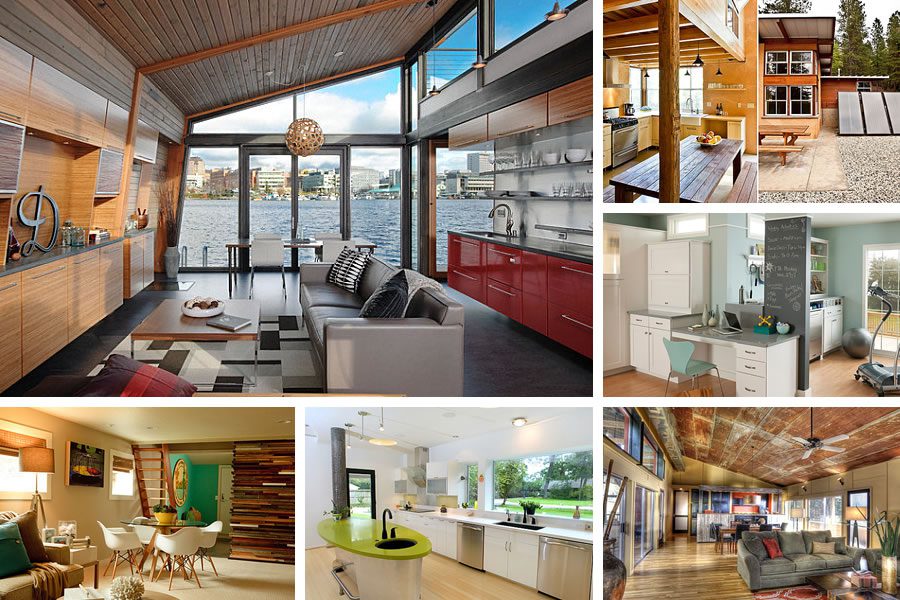10 eco-friendly home improvement ideas you should consider.
- Energy-Efficient Appliances: Updating old appliances with energy-efficient ones will conserve energy and lower your electric cost. Check for the Energy Star label, which shows that the appliance meets stringent energy efficiency criteria.
- Putting solar panels on your roof can generate green energy and decrease your reliance on fossil fuels. Check with your utility provider or local government for information on tax incentives and other programmes that can help offset installation costs.
- Low-Flow Fixtures: Installing low-flow showerheads and faucets will help you save money and conserve water resources by reducing your home’s water use.
- Programmable Thermostat: A programmable thermostat enables you to adjust your home’s temperature according to your schedule. This can assist cut energy use and lower heating and cooling costs.
- Replace standard incandescent light bulbs with LED or CFL bulbs to minimise energy consumption and save money on your power bill.
- Insulation: By keeping your home warmer in the winter and cooler in the summer, insulation can assist minimise heating and cooling bills.
- Try installing flooring made of eco-friendly materials like bamboo, cork, or salvaged wood. These materials are sustainable and biodegradable.
- Installing a water filtration system can lessen your family’s reliance on bottled water and ensure that they have access to clean, safe drinking water.
- By constructing a compost bin in your yard, you may eliminate food waste and generate nutrient-dense soil for your garden.
- Switching to eco-friendly cleaning solutions can limit exposure to dangerous chemicals and the environmental impact of these substances. Consider purchasing goods that are biodegradable, non-toxic, and comprised of natural materials.
Disclaimer: This content is provided solely for your review. Erusu Consultants takes no liability for this article. The reader is advised to form their own opinion. Please consult a structural engineer before making any final decisions.






